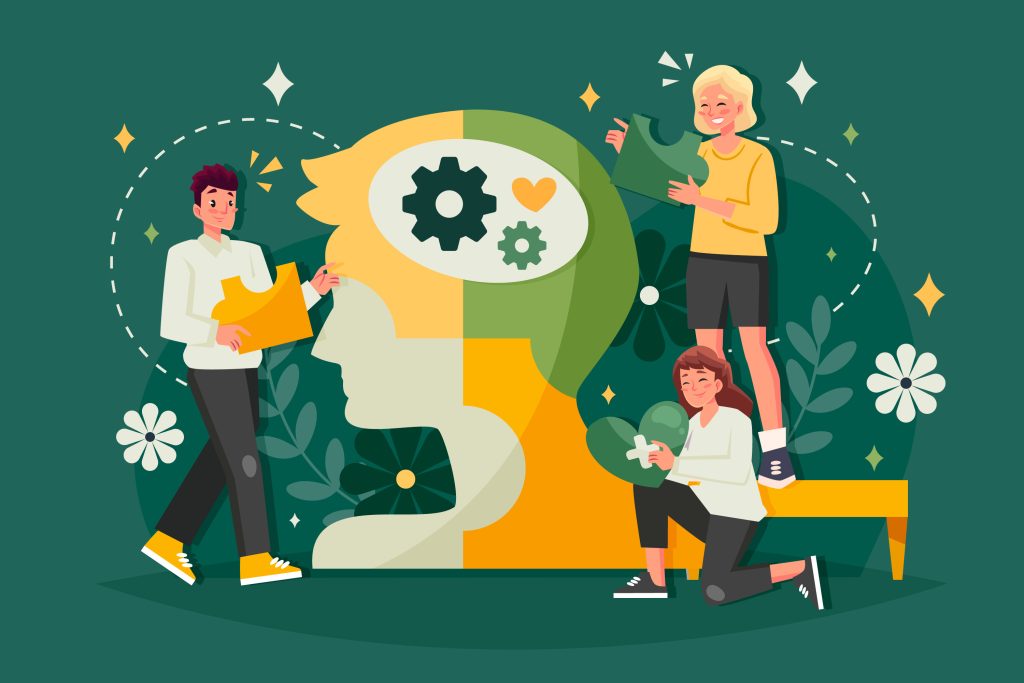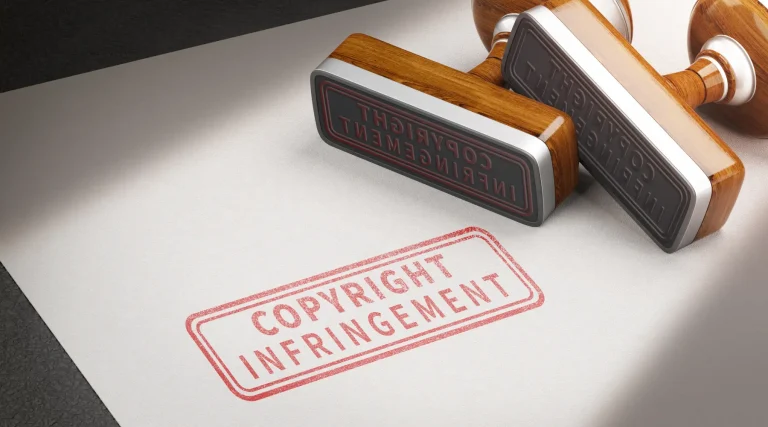Why do people buy? Is it logic, emotions, or a mix of both? The truth is, most purchasing decisions are driven by psychological triggers—subconscious cues that influence behavior. Businesses that understand these triggers can craft more compelling marketing messages, leading to higher engagement, trust, and conversions.
At Outsource2Us, a leading marketing agency in Brisbane, we specialise in leveraging these psychological principles to help businesses connect with their audience and boost sales.
In this article, we’ll explore key psychological triggers like scarcity, social proof, reciprocity, emotional storytelling, and authority—and how you can use them to drive sales and brand loyalty.
1. The Science Behind Consumer Decisions
Marketing isn’t just about offering a great product—it’s about understanding how people think and behave. According to behavioral economics, consumers don’t always make rational decisions; instead, they rely on mental shortcuts known as cognitive biases to make choices quickly.
For example:
● The emotional brain dominates—Research shows that emotions, not logic, drive 80% of purchasing decisions.
● The power of habit—Many consumers buy from brands they are familiar with, even if a better alternative exists.
● The paradox of choice—Too many options can overwhelm buyers, making them less likely to purchase.
At Outsource2Us our marketing agency in Brisbane helps businesses craft messaging that taps into these psychological tendencies to increase engagement and conversions.
2. Key Psychological Triggers That Influence Buying Decisions
a) Scarcity & Urgency: The Fear of Missing Out (FOMO)
Scarcity creates a sense of urgency, making people more likely to act. When something is limited in supply or time, it increases its perceived value.
Examples of scarcity in marketing:
✅ “Only 5 seats left at this price!” (Used in airline booking sites)
✅ “Flash sale ends in 2 hours!” (E-commerce countdown timers)
✅ “Limited edition product—once it’s gone, it’s gone!”
📌 Tip: Use scarcity authentically. False urgency can damage trust.
b) Social Proof: The Power of Herd Mentality
People tend to follow the crowd. Social proof reassures buyers that they are making the right decision by showing that others have already done so.
Ways to use social proof:
● Customer reviews and testimonials
● Case studies and success stories
● Influencer endorsements
● “Best-selling” or “Trending Now” labels
c) Reciprocity: The Give-to-Get Principle
The principle of reciprocity states that when someone does something for us, we feel compelled to return the favor. This is why free samples, trials, and value-packed content work so well in marketing.
Examples of reciprocity in action:
✅ A skincare brand gives out free samples, increasing the likelihood of a purchase.
✅ A marketing agency in Brisbane offers a free consultation, leading potential clients to trust them more.
✅ “Buy one, get one free” offers create a sense of goodwill and value.
📌 Tip: Offering free value first builds trust and loyalty over time.
d) Emotional Storytelling: Connecting Through Narrative
Facts tell, but stories sell. Instead of bombarding customers with technical specs, brands that use emotion-driven storytelling create deeper connections.
Why storytelling works:
● Elicits emotion – People remember stories more than statistics.
● Creates relatability – Makes brands more human and authentic.
● Enhances engagement – Captures attention longer than traditional ads.
e) Authority & Trust: The Expert Effect
People trust experts. That’s why endorsements, certifications, and authoritative content can significantly boost a brand’s credibility.
Ways to establish authority:
✅ Featuring expert opinions or industry awards
✅ Publishing well-researched, data-backed content
✅ Partnering with recognised figures in your industry
3. How to Apply These Psychological Triggers to Your Marketing Strategy
Now that we’ve covered these powerful psychological triggers, how can you apply them to your business?
✔ Website & Landing Pages: Use scarcity (“Limited stock”), social proof (reviews), and authority (expert endorsements) to increase conversions.
✔ Social Media: Incorporate emotional storytelling in posts and highlight user-generated content for social proof.
✔ Email Marketing: Offer free resources (reciprocity) and use countdown timers (urgency) in promotional emails.
✔ Ads & Promotions: Craft compelling ad copy using emotional appeal, limited-time offers, and trust-building elements.
Not sure where to start? Our marketing agency in Brisbane can help tailor these strategies to your business needs.
Marketing is more than just selling a product—it’s about understanding human behavior. By leveraging scarcity, social proof, reciprocity, emotional storytelling, and authority, businesses can influence buying decisions and build stronger customer relationships.
Need help optimising your marketing strategy? Outsource2Us is your trusted marketing agency in Brisbane, specialising in consumer psychology and strategic marketing. Contact us today to learn how we can help your business grow.







